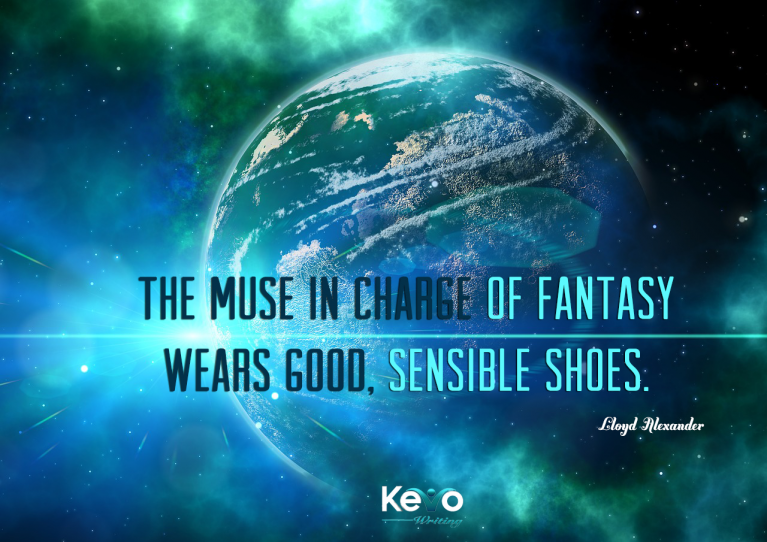There’s nothing more fun than world building when writing a story. To be able to create a new world that no one has ever seen or entered before is beyond exciting. There are countless elements that go into world building—some of them easy and some of them difficult. It’s when all those elements and pieces come together that you finally have a viable world.
So where should you start when world building?
Genre
Let’s be honest, the genre of your story is going to greatly affect your world building. If you’re writing a fantasy of sci-fi story, world building is going to be so vital to your story that you’ll need to dedicate countless hours to research, planning, and adding your world into your plot like a beautifully woven tapestry. However, if you’re writing more modern fiction, the world building can be a stage in the background that enhances the story but doesn’t overwhelm it.
There are many genres that fall in between. A historical novel is going to require intricate detail and research to be realistic. A romance story can have a less intricate world, unless it’s paranormal romance, but even then, the focus of the story is the romance and so world building can and should play second fiddle.
Plot
Start with your story plot. Your story and characters are the heart of your book. You can do some epic world building but if you don’t have a compelling plot, the world will fall flat. Figure out your plot first, and then build your world around your plot. For example, let’s say you’re writing a tale of growing up with a main character who needs to learn how to be brave and stand up for himself. That’s a great start.
Now, what world would compliment that story? Should it happen in school? Should it happen over the summer? Do you want to avoid seasons altogether and so you need to create a world that doesn’t revolve around school? The key is to figure out a world that compliments the plot, not vice-versa.
Preference
This might sound silly, but when it comes to world building, start with what you love. Personally, I’ve always loved mythology. I like worlds that are based in ancient and even current belief systems. It keeps things interesting and provides a wonderful research foundation. For example, I’ve always loved fairy/fae mythology—Celtic and Norse mythology. So, I’ve combined that mythos into my own world building.
The great thing about world building, you can mix and match as much as you want. You can also create something entirely new. I love dragons. I don’t care if they don’t fit into standard Celtic or Fae mythology, they fit in my world and as long as I add them in a way that makes sense, it works.
Research
Research is vital to world building. It doesn’t matter if you’ve made up your own Middle Earth or Hogwarts or if you’re pulling from real history, fables, and myths. A well-created world has to have some foundation in reality. Even if the reality is your own, make research possible. Outline the rules of your world so you know how and when you can break those rules.
For example, even in Middle Earth, Tolkien had rules and research to accomplish. He had to set up the rules for the Hobbits and how they interact with the dwarves and the elves, etc. He had to set up which animals can talk and which are silent. There’s always research, even if you research yourself. 😉
Notes
This is the final and most important tip to world building, take excellent notes. Don’t build your world completely in your head. That’s a recipe for disaster. Instead, build your world out on paper so you can reference it. An interesting world that sticks inside your reader’s heads is going to require a lot of notes.
Think of J.K. Rowling and Harry Potter. The only reason the HP books could be transformed into movies is because Rowling had created a fully in-depth wizarding world. Before the movies, you could picture Hogwarts, Hogsmeade, and the Burrow. The world was already there, along with the rules for magic, and so a movie was a simple matter of taking the world and making it reality.
World building isn’t easy but it’s a blast. This is your opportunity to create whatever you can imagine. Spend time on building a world you’re proud of, but more importantly, a world that you enjoy. If you love your world, your readers will too.





















